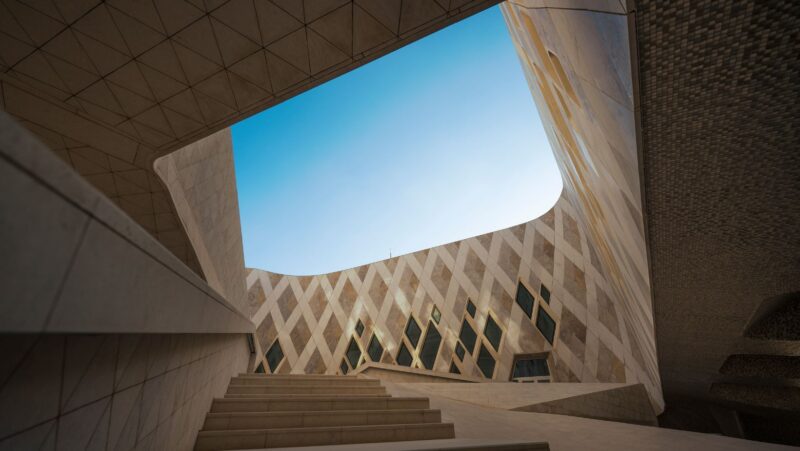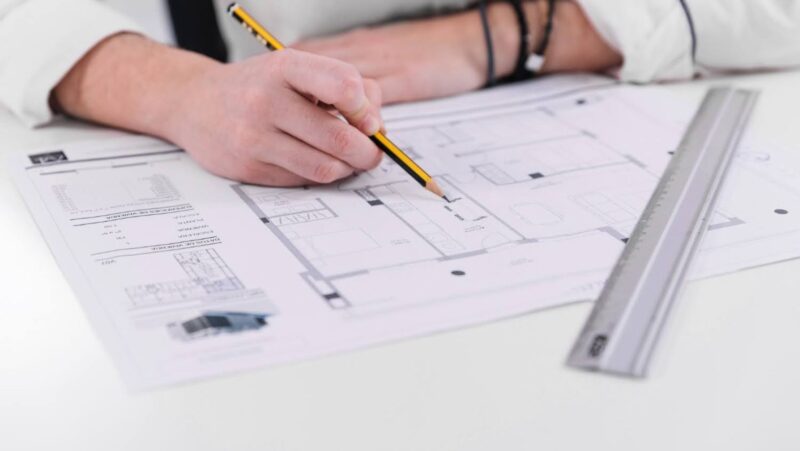
In the rapidly evolving landscape of real estate and architecture, blockchain technology is emerging as a transformative force that’s fundamentally changing how we think about building ownership, management, and operations. With the mainstream adoption of cryptocurrency trading pairs like BTC/USDT, the financial infrastructure supporting these innovations has matured significantly. At the intersection of smart contracts and smart buildings lies a revolutionary approach that promises to make architectural ownership more transparent, efficient, and accessible than ever before.
This technological convergence is reshaping not just how buildings are owned but how they function at their core.As we delve into the foundation of smart buildings, it’s crucial to understand how these technological advances build upon each other to create an integrated ecosystem of innovation.
The Foundation of Smart Buildings
Modern architecture has evolved far beyond static structures. Today’s smart buildings are sophisticated ecosystems of interconnected sensors, devices, and systems that continuously collect and process data about everything from energy usage to occupancy patterns. These intelligent structures can automatically adjust heating, lighting, and security systems in real time, optimizing both comfort and efficiency. However, the true potential of smart buildings remained limited until the advent of blockchain technology and smart contracts.
Understanding Smart Contracts in Architecture
Smart contracts are self-executing contracts with terms directly written into code. Unlike traditional contracts that require intermediaries to enforce terms, smart contracts automatically execute when predetermined conditions are met. In the context of architecture, these digital agreements are revolutionizing how buildings are owned, operated, and managed.
For instance, a smart contract can automatically handle rent collection, utility payments, and maintenance requests without human intervention. When a tenant pays their rent through a blockchain-based system, the smart contract can instantly distribute portions of that payment to various stakeholders – property owners, management companies, and maintenance funds – while maintaining an immutable record of all transactions.
The Marriage of Smart Contracts and Smart Buildings
When smart contracts are integrated with smart building systems, the result is a highly automated and efficient property management ecosystem. Here’s how this integration is transforming various aspects of architectural ownership:
Automated Property Management
Smart contracts can interface directly with building management systems to automate countless tasks. For example, when a tenant’s smart contract indicates they’ve paid their rent, the system can automatically update access codes, activate utilities, and adjust building systems to their preferences. This automation reduces administrative overhead and improves the tenant experience.
Transparent Ownership Records
Blockchain technology creates an immutable record of property ownership and transactions. Every change in ownership, every modification to the building, and every maintenance record is permanently recorded on the blockchain. This transparency reduces fraud risks and simplifies due diligence processes during property transactions.
Fractional Ownership Made Simple
Smart contracts enable the tokenization of real estate assets, making it possible to divide property ownership into smaller, more accessible units. This democratization of architectural ownership allows more investors to participate in the real estate market while providing building owners with new funding mechanisms.
Energy Management and Sustainability
Smart contracts can optimize building energy usage by automatically negotiating with energy providers, managing microgrid systems, and incentivizing energy-efficient behaviors. When combined with blockchain-based energy trading platforms, buildings can even buy and sell excess energy automatically, creating new revenue streams.
Practical Applications and Benefits
The implementation of smart contracts in architectural ownership is already yielding significant benefits:
Enhanced Security
Blockchain’s inherent security features protect against fraud and unauthorized modifications to ownership records. Smart contracts can automatically verify identities and permissions, ensuring only authorized individuals can have access to specific areas or make changes to building systems.
Reduced Costs
By automating many aspects of building management and eliminating intermediaries, smart contracts significantly reduce operational costs. Property managers can focus on strategic decisions rather than routine administrative tasks.
Improved Maintenance
Smart building systems can detect maintenance needs and automatically trigger service requests through smart contracts.

This proactive approach lessens downtime and extends the building’s lifespan while optimizing maintenance costs.
Future Implications
The integration of smart contracts and smart buildings is just beginning. As technology continues to evolve, we can expect to see:
Autonomous Buildings
Buildings that can operate almost entirely autonomously, managing their maintenance, energy usage, and tenant relationships through smart contracts.
New Ownership Models
Innovative approaches to property ownership, including decentralized autonomous organizations (DAOs) that manage buildings collectively through smart contracts.
Enhanced Sustainability
More sophisticated energy management systems that use smart contracts to optimize resource usage and reduce environmental impact.
Integration with IoT and AI
Deeper integration with Internet of Things devices and artificial intelligence systems, creating buildings that are increasingly responsive to occupants’ needs.
Challenges and Considerations
While the potential is enormous, several challenges need to be addressed:
Technical Infrastructure
Implementing smart contracts requires significant technical infrastructure and expertise.

Buildings need robust connectivity and sensor networks to leverage these systems fully.
Regulatory Framework
The legal and regulatory Framework surrounding smart contracts and blockchain-based property ownership is still evolving. Clear guidelines and standards are needed to ensure widespread adoption.
Cybersecurity
As buildings become more connected and automated, cybersecurity becomes increasingly critical. Protecting smart building systems from hacks and unauthorized access is paramount.
Conclusion
The convergence of smart contracts and smart buildings represents a fundamental shift in how we approach architectural ownership and management. This technology is not just changing how buildings operate; it’s transforming the entire real estate industry. As these systems become more sophisticated and widespread, we can expect to see increasingly autonomous, efficient, and accessible building ownership models that benefit both property owners and occupants. The future of architecture lies not just in the physical design of buildings but in the intelligent systems that manage and optimize them through blockchain technology.












